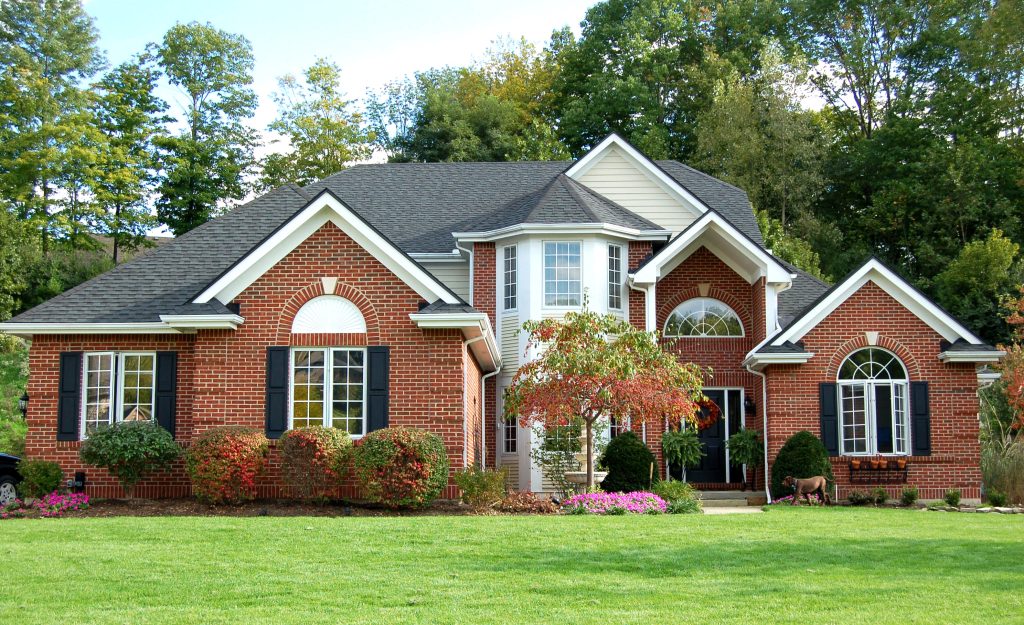Understanding the Surge in Homeowners Insurance Rates
In recent times, homeowners across the nation have been facing a perplexing issue – the unrelenting rise in homeowners insurance rates. If you’re one of the many individuals who have been scratching their heads, wondering why your homeowners insurance premiums are skyrocketing, you’re not alone. In this article, we, as experts in the field, will delve deep into this conundrum and provide you with a comprehensive understanding of the factors driving this increase in homeowners insurance rates.
Economic Fluctuations and Their Impact
One of the primary factors contributing to the surge in homeowners insurance rates is the ever-changing economic landscape. Insurance companies are not immune to the effects of inflation and market fluctuations. As the cost of living rises and the value of properties increases, insurers must adjust their rates to ensure they can cover potential claims adequately. This economic reality is a fundamental reason for the rise in your homeowners insurance premiums.
Climate Change and Extreme Weather Events
The climate crisis has brought about an alarming increase in extreme weather events, such as hurricanes, wildfires, and floods. These events have had a catastrophic impact on homes and properties, leading to a surge in insurance claims. Consequently, insurance companies have had to allocate more resources to cover these claims, resulting in an upward pressure on homeowners insurance rates.
Rising Construction Costs
In addition to climate-related factors, the cost of construction materials and labor has also been on the rise. This escalation in construction expenses has a direct impact on the cost of rebuilding or repairing a damaged home. Insurers take these increased costs into account when determining premiums, causing them to trend upward.
Local Factors and Property Values
Your specific location plays a significant role in determining your homeowners insurance rates. If you reside in an area prone to natural disasters or have high property values, you can expect higher premiums. Insurance companies assess the risk associated with each location and adjust rates accordingly. Therefore, if your neighborhood has experienced recent increases in property values or a history of weather-related incidents, your homeowners insurance rates are likely to follow suit.
Personal Insurance History
Individual factors, such as your personal insurance history, can also influence your homeowners insurance rates. If you’ve filed multiple claims in the past or have a history of non-payment, insurers may view you as a higher risk. As a result, they may charge you higher premiums to compensate for the perceived risk.
Policy Add-Ons and Coverage Limits
The specific details of your homeowners insurance policy can significantly impact your rates. If you’ve opted for additional coverage, such as flood insurance or earthquake coverage, your premiums will naturally be higher. Additionally, higher coverage limits will also lead to increased premiums. While these add-ons provide valuable protection, they come at an additional cost.

Tips for Managing Rising Premiums
Now that we’ve outlined the key factors driving the increase in homeowners insurance rates, it’s essential to discuss strategies for managing these rising premiums.
1. Shop Around
Don’t settle for the first insurance quote you receive. Different insurers may offer varying rates for the same coverage. By shopping around and comparing quotes from multiple companies, you can potentially find more affordable options.
2. Increase Your Deductible
One way to lower your premiums is to opt for a higher deductible. While this means you’ll pay more out of pocket in the event of a claim, it can significantly reduce your annual premiums.
3. Bundle Your Insurance
Consider bundling your homeowners insurance with other policies, such as auto insurance. Insurance companies often offer discounts for bundling, which can lead to cost savings.
4. Home Improvements
Investing in home improvements that reduce the risk of damage, such as reinforcing your roof or installing a security system, can make your property less risky to insure and potentially lower your premiums.
5. Review Your Coverage
Periodically review your homeowners insurance coverage with your provider. You may find that your needs have changed, and you can adjust your policy accordingly to save money.
Conclusion
While the surge in homeowners insurance rates may be disheartening, it’s crucial to understand the contributing factors and take proactive steps to manage your premiums effectively. By staying informed, making wise choices, and exploring cost-saving options, you can navigate the changing landscape of homeowners insurance while safeguarding your most significant investment—your home.
